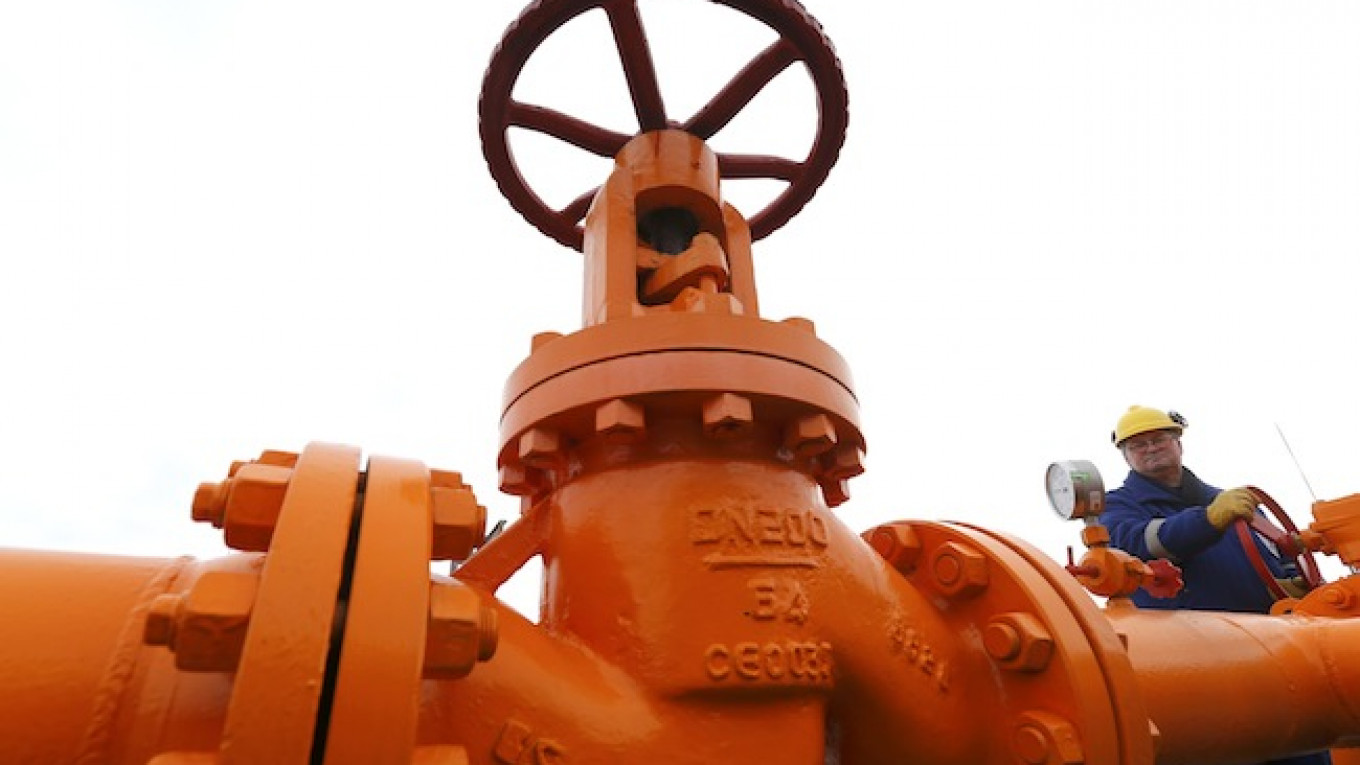Britain has blocked a deal by Russian billionaires, Mikhail Fridman and German Khan, to buy 12 oil and gas fields in the North Sea as part of their acquisition of Germany's oil firm DEA from RWE, citing possible sanctions against Russia.
"If the proposed acquisition were to proceed in its current form, he [Energy Secretary Ed Davey] would be minded to require the companies to arrange for a further sale to a suitable third party," the Department of Energy said in a statement on Saturday.
The decision is a blow to the oligarchs, who have sold a large chunk of their oil assets in Russia and want to turn their LetterOne fund into a top global energy player.
Fridman and Khan, who were not viewed as being close to the Kremlin, have hired John Browne, a former CEO of British oil major BP, to help them expand abroad and soothe any concerns that the British government may have had over their political links.
U.S. and European diplomats have said that by imposing sanctions on Russian state controlled companies and the inner circle of President Vladimir Putin they hope to persuade Russia to change its course in Ukraine.
But sanctions have so far failed to persuade Putin to help stop the violence in Ukraine. Russian businesses, even those unconnected to the Kremlin, have struggled to raise debt and operate abroad.
The decision by Britain to block the deal is the first of its kind as it not based on current sanctions, but on concerns any future sanctions may impact Fridman and Khan, among others.
Fridman and Khan's LetterOne fund is buying Dea from RWE for 5 billion euro in a deal expected to close next week. Dea operates in several countries including Britain, where it has stakes in 12 producing oil and gas fields.
An RWE spokeswoman said Saturday that the company was sticking to a statement it had made on Jan. 16 that the sale should be completed in early March. The statement also said that if sanctions were imposed, RWE would have to re-purchase the UK business and sell it on to another buyer.
LetterOne was seeking a letter of comfort from the British government that it would not seize the fields if sanctions were imposed on Russian businessmen.
Davey said in a statement he was concerned about the effect "that possible future sanctions imposed on LetterOne may have on the continued operation of the fields and the serious health and safety and environmental risks that may result".
The companies had proposed to operate the British fields through a separate unit if sanctions were imposed.
"After careful consideration the Secretary of State has decided that the proposal does not adequately and surely alleviate those concerns," the statement said.
A Message from The Moscow Times:
Dear readers,
We are facing unprecedented challenges. Russia's Prosecutor General's Office has designated The Moscow Times as an "undesirable" organization, criminalizing our work and putting our staff at risk of prosecution. This follows our earlier unjust labeling as a "foreign agent."
These actions are direct attempts to silence independent journalism in Russia. The authorities claim our work "discredits the decisions of the Russian leadership." We see things differently: we strive to provide accurate, unbiased reporting on Russia.
We, the journalists of The Moscow Times, refuse to be silenced. But to continue our work, we need your help.
Your support, no matter how small, makes a world of difference. If you can, please support us monthly starting from just $2. It's quick to set up, and every contribution makes a significant impact.
By supporting The Moscow Times, you're defending open, independent journalism in the face of repression. Thank you for standing with us.
Remind me later.


